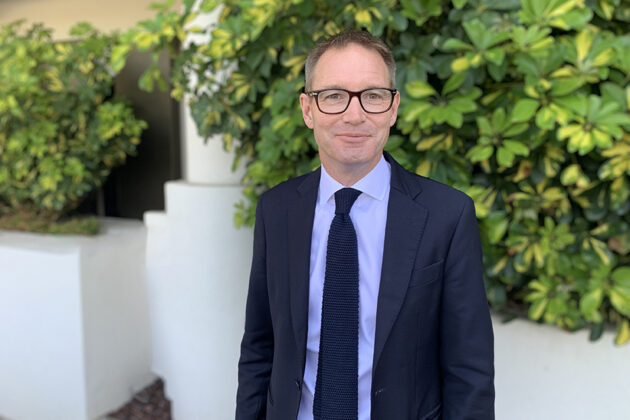- Details
- East Africa
- 933
New British High Commissioner Neil Wigan has jetted into the country to kick off his Kenya assignment.
Speaking on his arrival, Wigan pledged to work with the government on priorities of strategic partnership.
“It has been a long-term ambition of mine to lead the team at the British High Commission in Nairobi. I first visited Kenya in 1977, my children went to school in Nairobi, and I have visited Kenya many times, for work and pleasure. I am delighted to have returned and am looking forward to exploring magical Kenya.
I look forward to working with the Government of Kenya on the priorities of our Strategic Partnership, particularly the KES 500 billion of UK investment in clean, green infrastructure projects including Nairobi Railway City, Menengai Geothermal Plant, Grand High Falls Dam and the Malindi Solar Expansion project,” he stated.
He pointed out that these projects, among others, will improve the lives of Kenyans and boost sustainable development while heling to and help tackle climate change.
“I look forward to seeing these projects and other UK-Kenya partnerships for myself,” he stated.
He further indicated that “Across the partnership, there are further opportunities for us to go far, together. Tafaulu Pamoja!”
Neil takes up his post at an exciting time for UK-Kenya relations, with the relationship between both countries and peoples going from strength to strength.
He recalled that rapid progress is being made across all pillars of the Strategic Partnership, signed in 2020 between the UK and Kenya – tackling climate change, increasing mutual prosperity and sustainable development, building stronger people to people links, and strengthening vital security cooperation.
He mused that the UK and Kenya share a deep and complex history, “one that has created strong bonds between our countries, governments and people.”
“Our people-to-people bonds are the foundation of our relationship. This year we celebrate 40 years of Chevening, our scholarship programme, which has enabled more than 600 Kenyans to study at UK universities,” he stated.
“Through the British Council, we have strengthened Kenya’s creative and cultural industries and the UK-Kenya Tech Hub is working with entrepreneurs and tech talent to build a sustainable digital ecosystem.”
The UK is the largest international investor in Kenya and is Kenya’s fifth largest export market.
Progress on key green infrastructure projects, backed by UK investment, is securing Kenya’s place as a climate leader in the region. Source: Capital News






